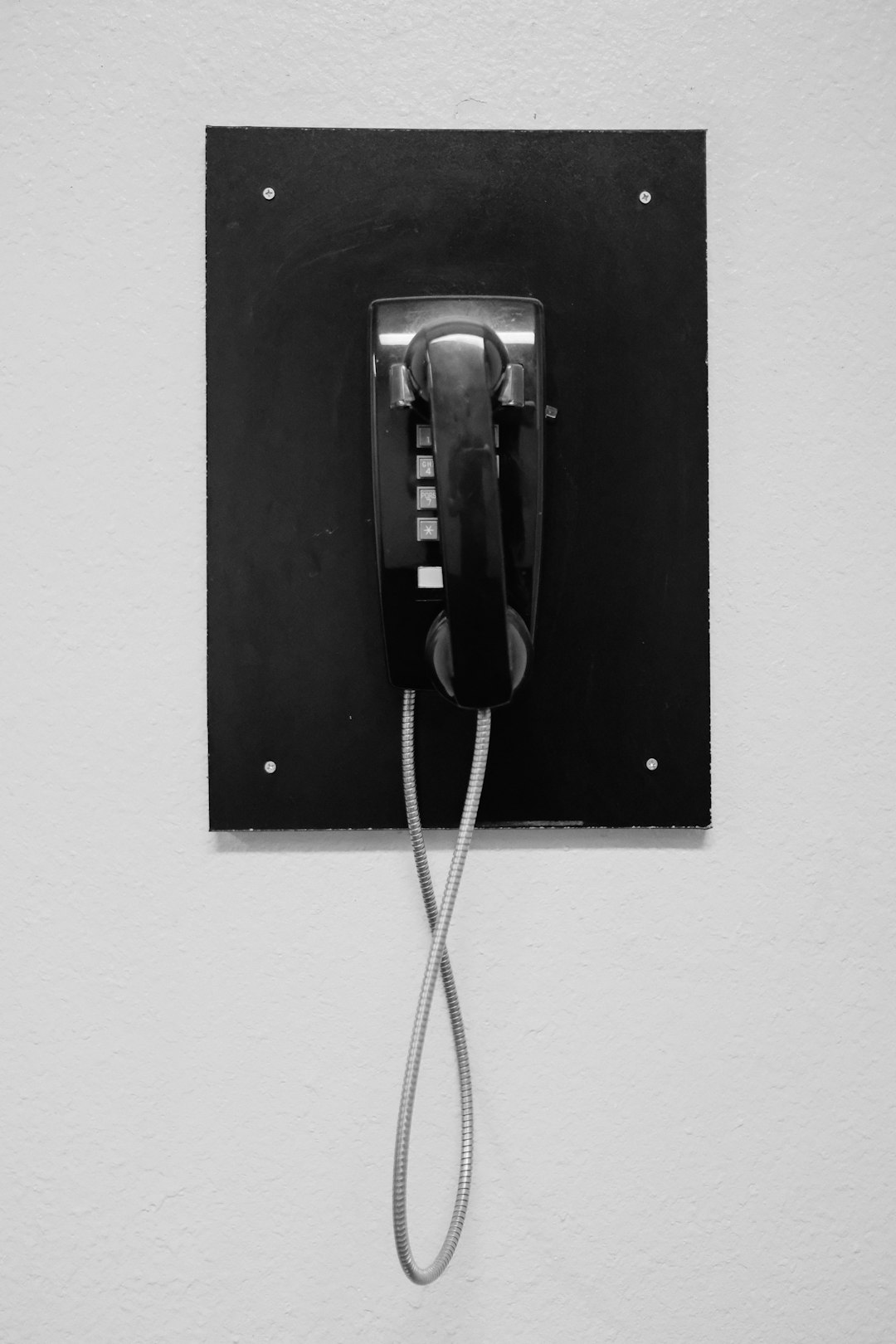New Jersey's spam call laws protect residents from fraudulent robocalls impersonating law firms by allowing them to block unwanted calls and verify caller identities. Residents should confirm unsolicited calls from self-proclaimed legal entities through official channels and take precautions like registering on the Do Not Call Registry to avoid such scams.
In the digital age, robocalls have become a prevalent nuisance, especially in New Jersey, where strict spam call laws are in place to protect residents. This comprehensive guide will equip you with the knowledge to identify and evade common robocall scams targeting NJ residents. From understanding the state’s robust anti-spam legislation to implementing effective avoidance strategies, this article is your key to staying safe and protected against fraudulent calls. Discover how to reclaim control of your phone lines.
Understanding New Jersey's Spam Call Laws

In New Jersey, there are strict laws in place to protect residents from unwanted spam calls. The state’s spam call laws are designed to hold telemarketers and call centers accountable for excessive or aggressive marketing practices. These regulations give residents the right to silence their phones and take legal action against violators.
Understanding these laws is essential for anyone living in NJ, especially when it comes to recognizing and reporting robocall scams. By familiarizing yourself with the state’s spam call laws, you can easily identify fraudulent calls, protect your privacy, and ensure that your rights as a consumer are respected. Keep in mind that reputable law firms will never initiate contact through automated or pre-recorded messages, so be wary of any suspicious calls claiming to represent such firms.
Identifying Common Robocall Scams in NJ

In New Jersey, robocalls posing as law firms or government agencies are a prevalent form of scamming. These automated messages often claim to have legal issues or tax problems that require immediate attention from the recipient. They may threaten arrest, fines, or other severe consequences if action isn’t taken instantly. Scammers use these tactics to create a sense of urgency and panic, urging their targets to react without thinking.
New Jersey’s Spam Call laws are designed to protect residents from such nuisance calls. By recognizing common patterns in these scams, you can better defend yourself. If an unsolicited call claims to represent a law firm or government entity, verify the caller’s identity independently. Contacting the organization directly through official channels will help you confirm if the call is legitimate.
Protecting Yourself: Tips to Avoid Robocalls

Robocall scams are a common problem, but there are several simple steps you can take to protect yourself in New Jersey. One effective measure is to register your number on the Do Not Call Registry. This federal list restricts telemarketers from calling your number, significantly reducing unwanted spam calls. Additionally, be cautious when sharing your contact information; avoid providing details unless absolutely necessary.
Another strategy involves being selective about answering calls. If you don’t recognize the caller ID, let it go. Legitimate businesses and organizations will often leave a message, allowing you to decide whether to return the call. Furthermore, be wary of urgent requests or threats; scammers often use tactics like claiming you’ve won a prize or that there’s an issue with your account to trick you into providing personal information. Stay alert and remember that reputable law firms and organizations will not demand immediate actions or threaten legal consequences over the phone.






